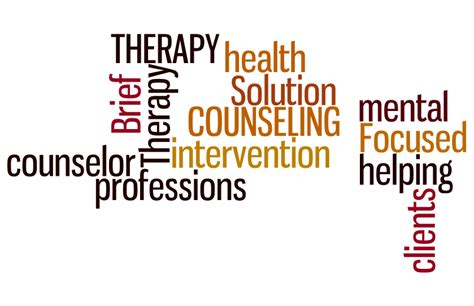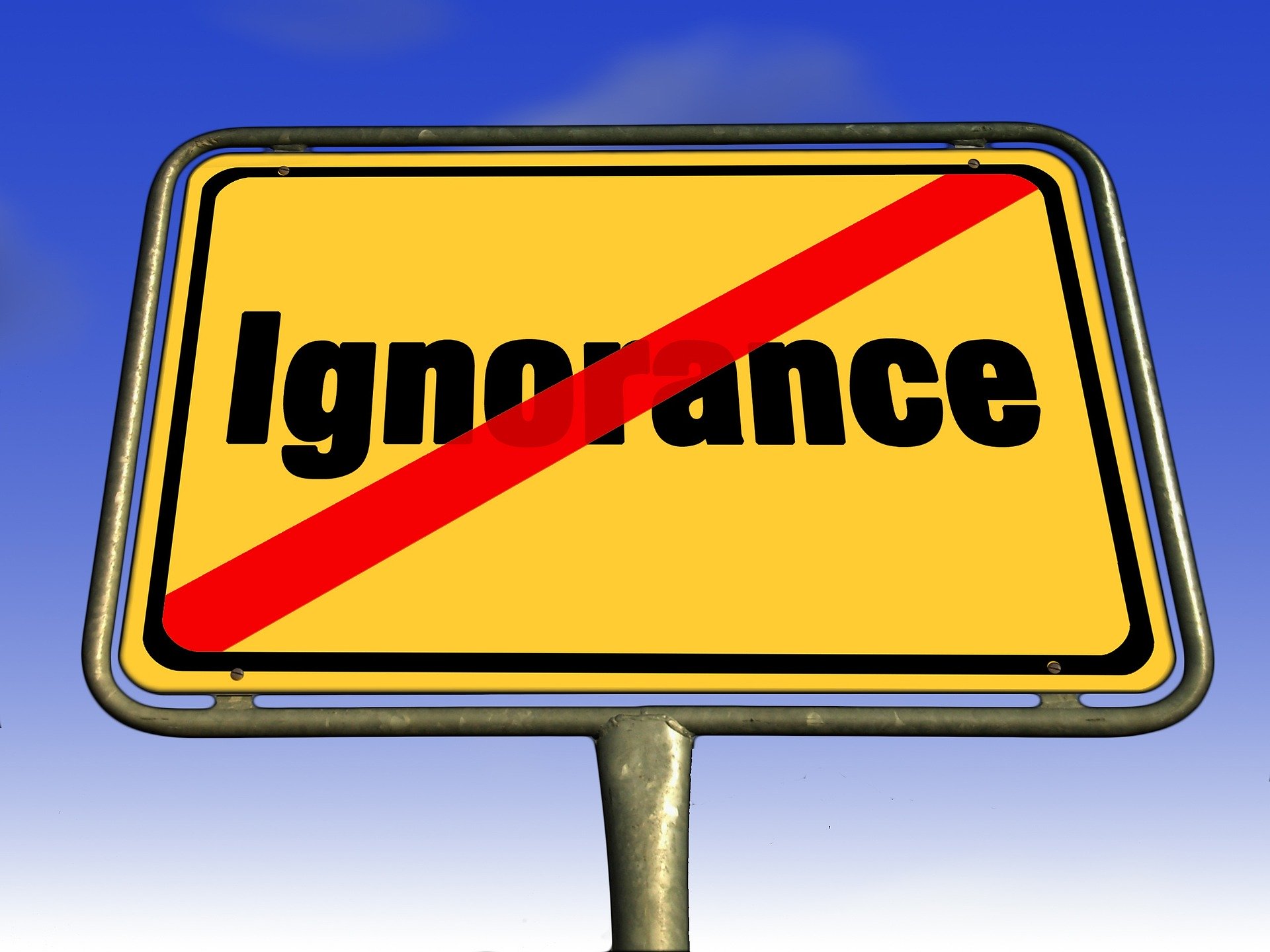What is Professional Counseling?
Professional counseling is a professional relationship that empowers diverse individuals, families, and groups to accomplish mental health, wellness, education, and career goals. Counselors work with clients on strategies to overcome the obstacles and personal challenges that they are facing.
Counseling is a collaborative effort between the Counselor and Client. This means that the client must identify or accept his need to be counseled by a professional Counselor and the Counselor will accept or ready to render counseling help to the client. It is a relationship of trust because a Counselor is well trained to keep the client’s secret, except it is a secret that will endanger the client or some other person’s life.
Importance of Professional Counseling
- Professional Counselors help clients:
- Identify goals and potential solutions to problems which causes emotional turmoil;
- Improve their communication and coping skills;
- Strengthen their Self-Esteem;
- Facilitate Behavioral Change;
- Develop Optimal Mental Health.
Ideally, counseling is terminated when the problem that you pursued counseling for becomes more manageable or is resolved.
Types of Counseling
- Individual Counseling
- Couples’ Counseling
- Family Counseling
- Group Counseling
- Addiction Counseling
- Child / Adolescent Counseling
- Genetic Counseling
- Sport Counseling
- Military Counseling
- Vocational Counseling, etc




